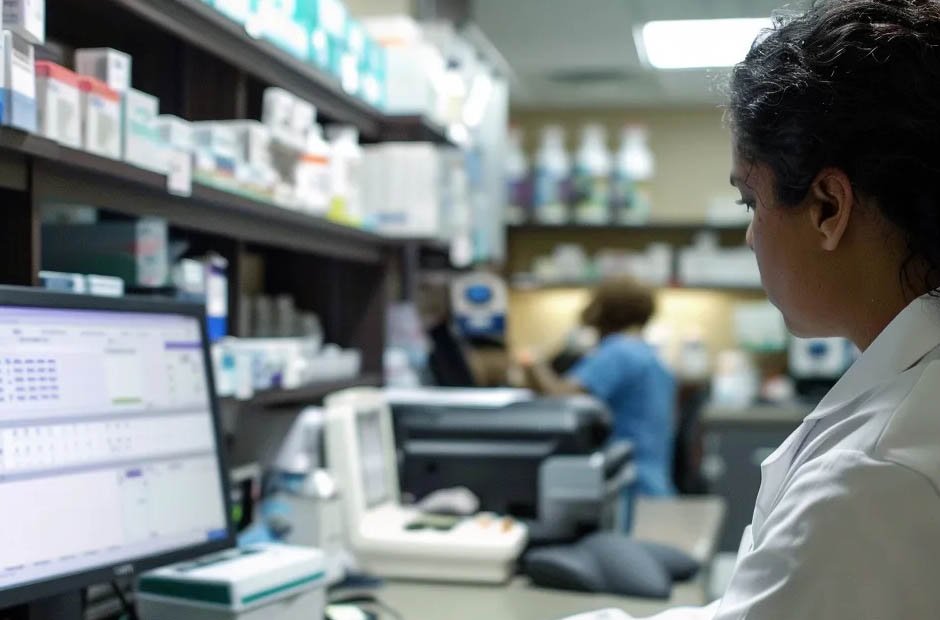Skip to the good bit
ToggleMedication errors are a critical issue in healthcare systems worldwide, leading to preventable harm and increased healthcare costs. Medication safety programs aim to reduce the occurrence of these errors by promoting safe prescribing, dispensing, and administration of medications. An effective program not only safeguards patient health but also enhances the performance of healthcare professionals by providing a systematic approach to medication management. In this article, we will delve into the essential aspects of medication safety programs, their impact, and best practices for successful implementation.
The Role of Technology in Enhancing Medication Safety
Technology plays an increasingly prominent role in improving medication safety. Electronic health records (EHRs), for instance, enable a seamless flow of accurate patient information across different healthcare providers, reducing the risk of medication errors due to misinformation or miscommunication.
Computerized physician order entry (CPOE) systems have been instrumental in diminishing prescription errors. These systems often include decision-support tools that alert prescribers to potential drug interactions, allergies, and dosage errors before the prescription is finalized.
Barcoding and automated dispensing systems also contribute greatly to medication safety. They ensure that the correct medication is dispensed and administered to the correct patient, effectively minimizing human error in the medication administration process.
Tackling Common Challenges in Medication Management
Despite the advances in medication safety, common challenges persist and need continuous attention. Complex healthcare systems can create confusion, especially in environments where multiple medications are used. Streamlining processes and simplifying protocols can help to reduce complexity and enhance clarity.
Communication barriers among healthcare providers can lead to medication errors. Therefore, fostering a culture of open communication and interdisciplinary collaboration is fundamental. Shared access to crucial patient information and a standardized language for medication orders can mitigate risks.
Keeping abreast of the latest pharmaceutical advancements and integrating them into clinical practice is another hurdle. This calls for ongoing education and the quick adoption of evidence-based practices. Additionally, tracking the effectiveness of implemented changes is key to ensuring that they are making a positive impact.

Medication Safety Programs: Purpose and Benefits
The primary purpose of medication safety programs is to establish a culture of safety around the use of pharmaceuticals. They are structured frameworks that include policies, procedures, and monitoring systems to prevent medication errors. The benefits are multifold, ranging from minimizing adverse drug events to ensuring optimal patient outcomes.
Medication safety programs often involve multidisciplinary teams, including pharmacists, physicians, and nurses, who collaborate to identify potential risks and develop strategies to mitigate them. By engaging various healthcare professionals, the programs gain a comprehensive perspective of the medication-use process, which is crucial in addressing vulnerabilities.
Comprehensive medication safety programs can also result in significant financial savings for healthcare institutions. By avoiding the costs associated with treating adverse drug events, resources can be reallocated to other areas of patient care, leading to overall improved healthcare services.
Best Practices for Implementing Medication Safety Programs in Healthcare Settings
Implementing a medication safety program starts with a thorough assessment of the current medication management processes. Understanding existing workflows and identifying areas of vulnerability are the initial steps toward developing targeted interventions.
Engaging all levels of staff in the development of the program ensures that the protocols are practical and widely accepted. Frontline staff, in particular, can provide invaluable insights into the daily realities of medication administration and identify potential improvements.
Overall, the effective implementation of medication safety programs is vital for safeguarding patient well-being and advancing healthcare quality. When healthcare providers and institutions prioritize these programs, they contribute to a culture of safety and accountability that resonates throughout the healthcare system. Altogether, through the concerted efforts of technology, training, patient engagement, and vigilant management practices, medication safety can be significantly enhanced, ultimately leading to better patient outcomes and healthcare practices.







